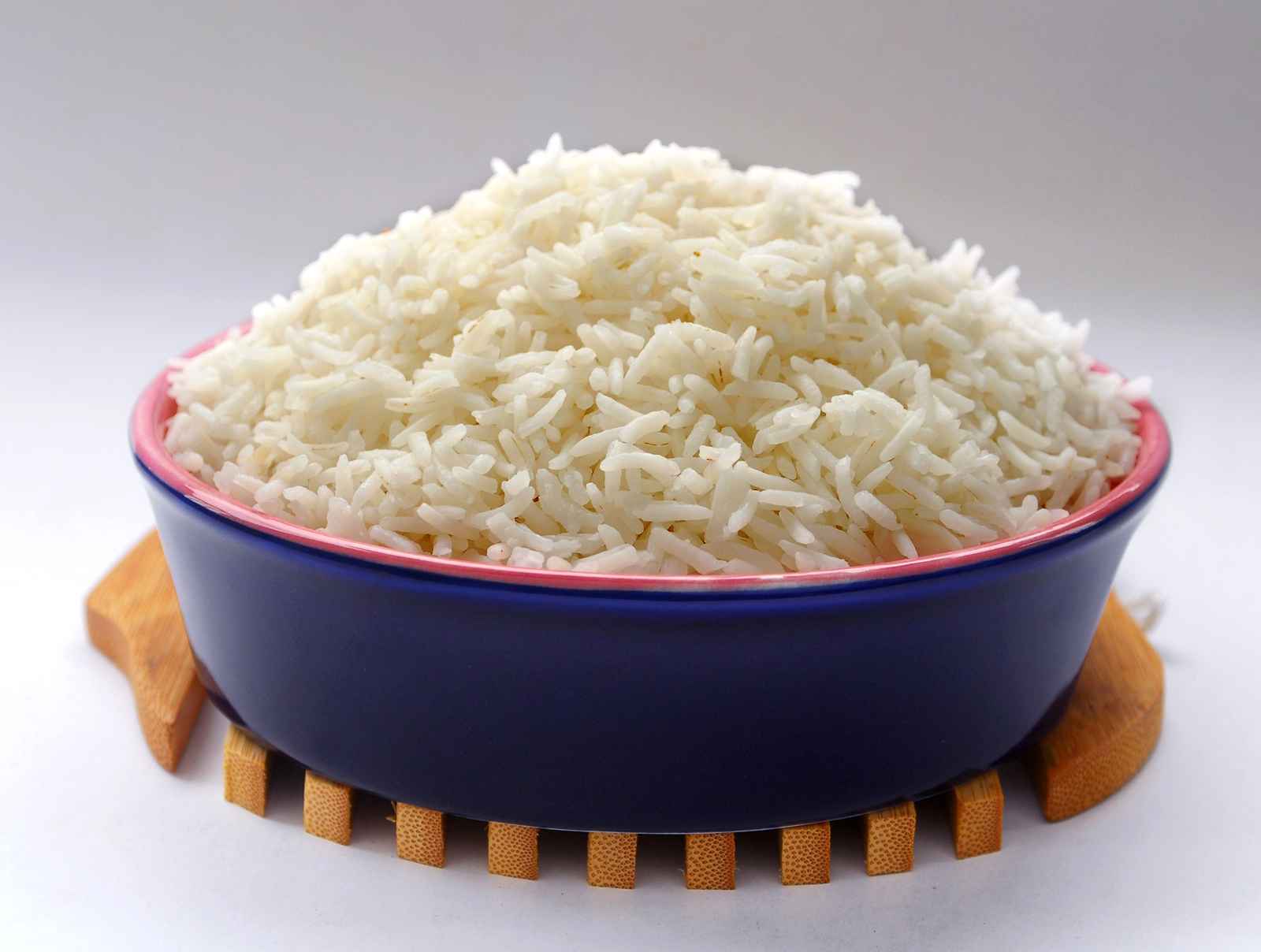Understanding Milk of Magnesia and Prune Juice
When it comes to digestive health, there are a variety of remedies and solutions available. Two popular options that are often used to promote digestive regularity are Milk of Magnesia and prune juice. Let’s take a closer look at what these two substances are and how they can benefit your digestive system.
Milk of Magnesia
Milk of Magnesia, also known as magnesium hydroxide, is a common over-the-counter medication that is used to relieve constipation and promote bowel movements. It works by drawing water into the intestines, which softens the stool and makes it easier to pass. Additionally, Milk of Magnesia can help to neutralize excess stomach acid, making it a popular choice for individuals who suffer from heartburn and indigestion.
One of the key benefits of Milk of Magnesia is its gentle and relatively fast-acting nature. It is generally well-tolerated and can provide relief from constipation within a few hours of consumption. However, it’s important to follow the recommended dosage guidelines to avoid potential side effects such as diarrhea or dehydration.
Prune Juice
Prune juice is a natural remedy that has been used for centuries to alleviate constipation and support digestive health. It is made from dried plums, which are rich in fiber, sorbitol, and natural laxatives that can help to stimulate bowel movements. The high fiber content in prune juice adds bulk to the stool, while the natural laxatives help to soften it, making it easier to pass.
Aside from its laxative effects, prune juice is also packed with essential nutrients such as vitamin C, potassium, and antioxidants. These nutrients can contribute to overall digestive wellness and support the body’s natural detoxification processes.
Benefits of Milk of Magnesia and Prune Juice
Both Milk of Magnesia and prune juice offer unique benefits for digestive health:
- Milk of Magnesia provides fast relief from constipation and can help to alleviate heartburn and indigestion.
- Prune juice offers a natural and gentle solution for promoting regular bowel movements and providing essential nutrients for digestive wellness.
It’s important to note that while both options can be effective for relieving constipation, it’s essential to use them responsibly and in moderation. Overuse of laxatives such as Milk of Magnesia or prune juice can lead to dependency and disrupt the natural balance of the digestive system.
Conclusion
In summary, Milk of Magnesia and prune juice are two popular remedies that can help to alleviate constipation and promote digestive regularity. Whether you prefer the fast-acting relief of Milk of Magnesia or the natural benefits of prune juice, it’s important to incorporate these solutions into a balanced and healthy lifestyle. As with any digestive remedy, it’s always best to consult with a healthcare professional to determine the most suitable option for your individual needs.
By understanding the benefits and considerations of Milk of Magnesia and prune juice, you can make informed choices to support your digestive health and overall well-being.
Was this page helpful?
Read Next: What Is A Long John Donut











